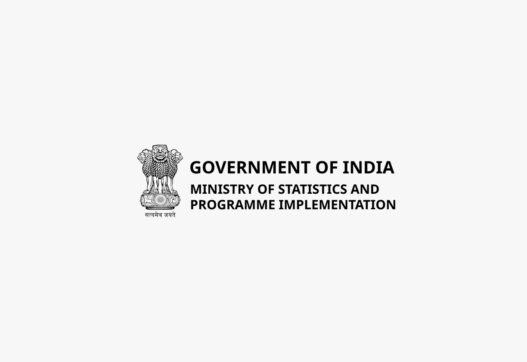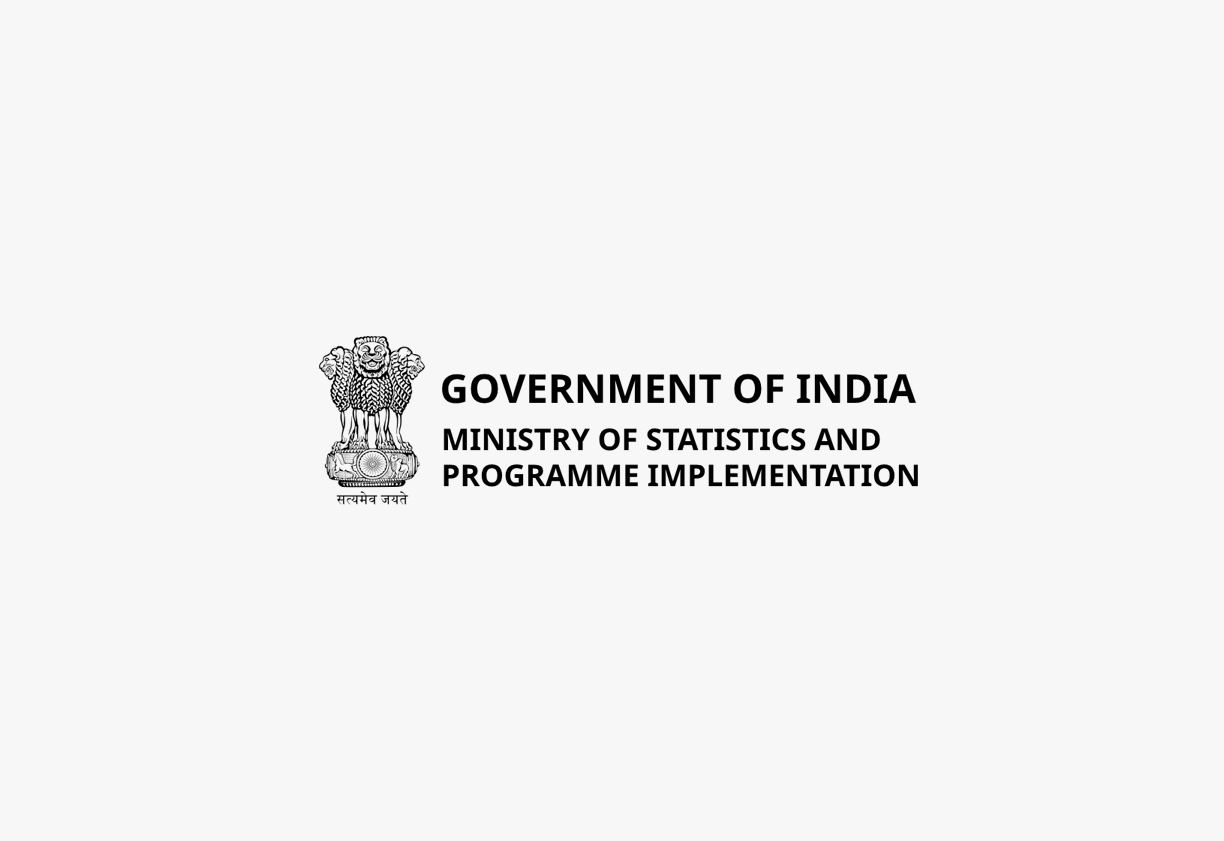Ministry of Statistics and Programme Implementation
The Indian Statistical Institute Act, 1959, declared the Indian Statistical Institute (ISI) an institution of national importance. The ISI, established earlier as a society, plays a crucial role in statistical research, education, and training in India. The Act aimed to recognize the ISI’s contributions to national development and provide it with the necessary autonomy and support to carry out its functions effectively. This Act falls under the Ministry of Statistics and Programme Implementation.
Enactment Date, Number of Chapters, Number of Sections:
The Act was enacted on December 24, 1959, and came into force on April 1, 1960. It consists of 12 sections and is not divided into chapters.
Act Governed By:
The ISI is governed by its own memorandum of association and rules and regulations, subject to certain government oversight mechanisms outlined in the Act. The Central Government has the power to issue directions, approve certain actions, and assume control of the Institute under specific circumstances. Committees appointed by the Central Government play a role in preparing the Institute’s program of work and reviewing its activities.
On Whom It Is Applicable:
The Act primarily applies to the Indian Statistical Institute, its governing body, employees, and students. It also impacts the Central Government and the committees it appoints to oversee the Institute.
Penalties/Punishments:
The Act itself doesn’t specify penalties. However, it empowers the Central Government to issue directions and assume control of the Institute in case of non-compliance or mismanagement.
Important Pointers:
-
Declares the ISI an institution of national importance.
-
Empowers the ISI to grant degrees and diplomas in statistics, mathematics, quantitative economics, computer science, and related subjects.
-
Provides for grants, loans, and other financial assistance from the Central Government.
-
Mandates the audit of the Institute’s accounts by qualified auditors.
-
Requires prior approval from the Central Government for certain actions by the Institute, such as altering its objectives, amending its memorandum, or disposing of certain properties.
-
Provides for the constitution of committees by the Central Government to prepare the Institute’s program of work and review its activities.
-
Empowers the Central Government to issue directions to the Institute.
-
Allows the Central Government to assume control of the Institute under certain circumstances.



